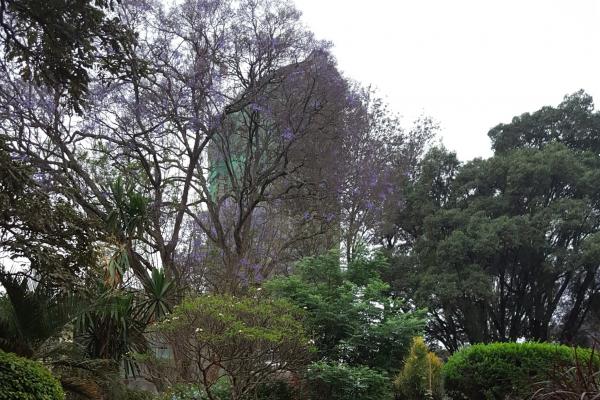Dec 17, 2015
The work of transformation — of land, or of legacy — is never complete. And for Western Christians, inheritors of a religion built and carried by ethnocentrism and economic exploitation, the work to detangle faith from the structures that continue to support it is an extra challenge. When survival of the church demands profit, what do you monetize? When community requires boundaries, whom do you leave out?
Read the Full Article

Already a subscriber? Login
